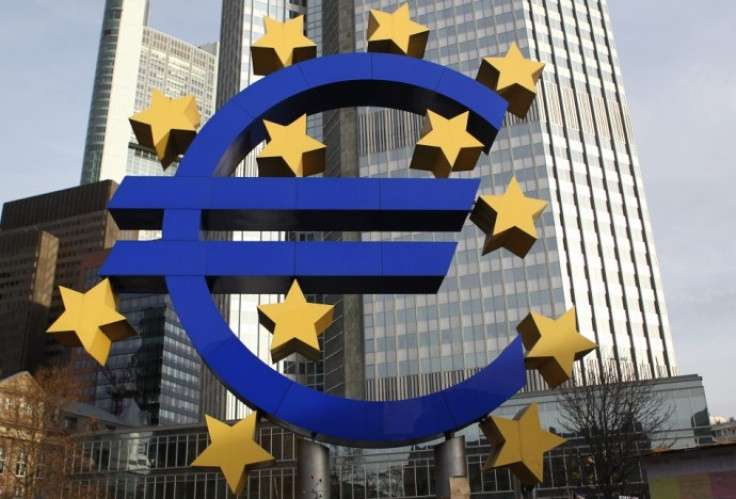Libor Fixing Scandal: Brussels Adds Swiss Franc Swaps to Probe

The European Commission has expanded its 18-month antitrust investigation to include new currency denominated financial products that maybe linked to banks and brokers manipulating some of the world's most important interbank lending rates.
According to unnamed sources cited by The Financial Times the EC will be adding Swiss franc-denominated swaps into its probe. The investigation already includes yen Libor and Europe's interbank rate Euribor.
The investigation poses a serious regulatory threat for any institution found to have fixed Libor as the EC can impose a maximum penalty equivalent to 10 percent of a company's global turnover. However, if a group is found to have manipulated rates in all three cases for example, this could lead to a fine of 30 percent of total revenues.
After Barclays became the first bank to settle with US and UK authorities in June last year for £290m (€335m /$443m) for manipulating Libor and Euribor, a flurry of regulators across the world launched their own investigations into dozens of other banks.
In December last year, UBS paid a $1.5bn fine to authorities in the UK, the US and Switzerland and pleaded guilty to one count of wire fraud with the US Justice Department in relation to rate manipulation in the market for yen Libor.
Following suit, RBS settled with US and UK authorities for a £390m fine and pleaded guilty for criminal charges from its Japanese subsidiary, in February this year.
While the IBTimes UK reported, across a number of reports, that dozens of banks around the world are under investigation, the regulators themselves have also come under scrutiny.
On Thursday, the Financial Services Authority hit back at UK lawmakers' criticism that the regulator had been slow to act on investigating and stopping the manipulation of some of the world's most important interbank lending rates.
The UK watchdog defended itself in a statement against allegations of its handling of the scandal but did say "serious regulatory shortcomings also came to light. It is only right that the FSA has had to shoulder its share of the blame for this scandal."
It then added that it will publish the internal review conducted by its audit division into when it first came to know about the Libor rigging by Britain's top banks.
© Copyright IBTimes 2024. All rights reserved.






